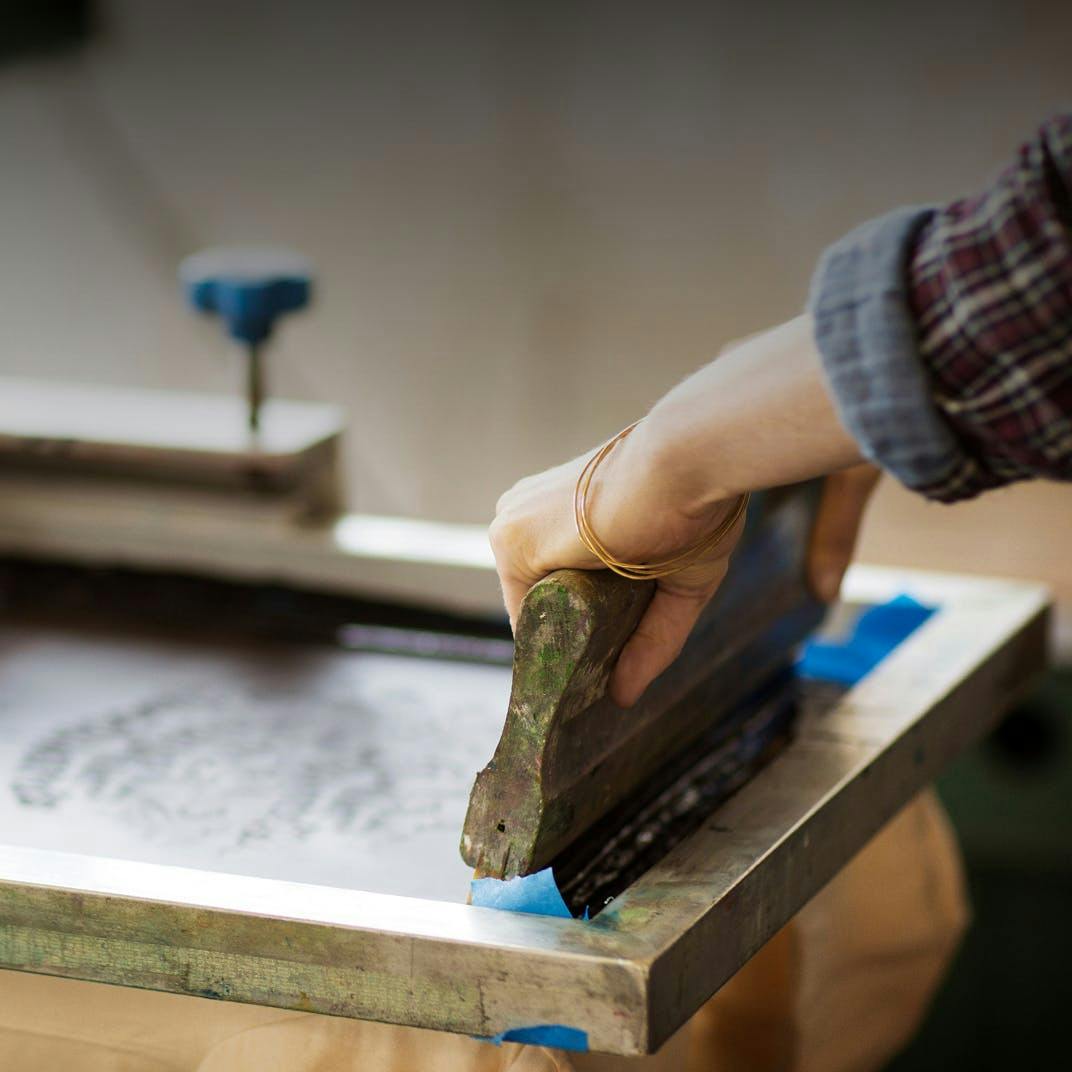So long Adobe? So long small design & web agencies?
Canva has just raised another round of VC funding to position it as the clear favourite in the 'mass design service' race. THE graphic design software business has raised another $87m to now value the company at $US6 billion.
Covid-19 has certainly added pace and urgency to the adoption of digital transformation and ways of working, but it has also led many people to ask of themselves what is important in their lives. A spotlight has been shone on the rebalance of work to lifestyle in a new way - integration.
In 2020 it is estimated that over 43% of the US workforce will be participants in the gig economy. This is expected to grow to over 50% in 2027. Covid-19 is likely to accelerate the drive away from a “job for life” towards an increase in ‘gig workers’ and a more entrepreneurial majority.
This coincides with an increase in SaaS based marketing and design tools and softwares. Budding gig workers and entrepreneurs, armed with their new found digital and virtual bravery brought on from Covid-transformation, will begin to use softwares like Canva for their amateur design requirements, and Squarespace and 1&1 IONOS to deliver websites at a fraction of the cost of employing an design or website consultancy.
Independent consultancy prices are continuing to grow as they try to up-funnel their value away from the commoditisation of design and digital services and the growth in martech. A basic website will cost £1000’s not £100’s - a necessity when you have to pay the bills of varying processes across varying teams all housed in an office building that must be rented, serviced and maintained. It's an expensive business model to fund if you are just a budding entrepreneur starting out - so why would you?
With design capability from Canva, personal social media channels, online learning on YouTube or sites like Linda, and stunning pre-built and category specific websites from Squarespace, a new entrant to online retail or landscape gardening can get up and running in a matter of days at a fraction of the cost.
One might ask why Adobe, with their legacy suite of design softwares, has not taken advantage of their brand equity in this space, and moved their logistical and product based business model towards a platform ecosystem. Arguably, 1&1 IONOS, who were simply a hosting and domain business only a few years ago, are now better placed to “own” the mass design industry than Adobe with their licence based and expensive product portfolio (Photopshop, Illustrator , XD etc), or even their newly launched Adobe Spark product that aims to compete with the likes of Canva - it reminds me of the BA's Go Airlines - a reaction to Ryanair's disruption of short-haul air travel. It was BA's deep rooted logistical and cultural business model that failed them. Could Adobe be in the same space. They have already been targeted by the likes of Sketch and others. Why aren't they shouting and screaming for their customers' attention? Do they see a way out?
Disruption can be scary sometimes. Some see Disruption as a threat and come see opportunity and excitement. In reality, it is both. But you have to see it, otherwise you'll be ambushed.
The scariest part? Canva are just getting started. Melanie Perkins believes her behemoth has only achieved 1% of what they are capable of. They are a unicorn in an industry they disrupted. But they must now begin to disrupt themselves - their platform business model has the opportunity to take ownership of many other industries in a move towards an ecosystem model. For example, with the recent recruitment of education and learning tech personnel, it is likely they have an eye on the online learning and teaching industry. Why not? Lynda and others have been pretty one dimensional for a while now. How about print production and even OOH and digital advertising? Canva could strive to own the entire idea to advert lifecycle - Canva as a media giant?
Cookies
By clicking "Allow Cookies", you agree to the storing of cookies on your device to enhance site navigation, analyse site usage, and assist in our marketing efforts. By using this site you are agreeing to ourCookie Policy.



